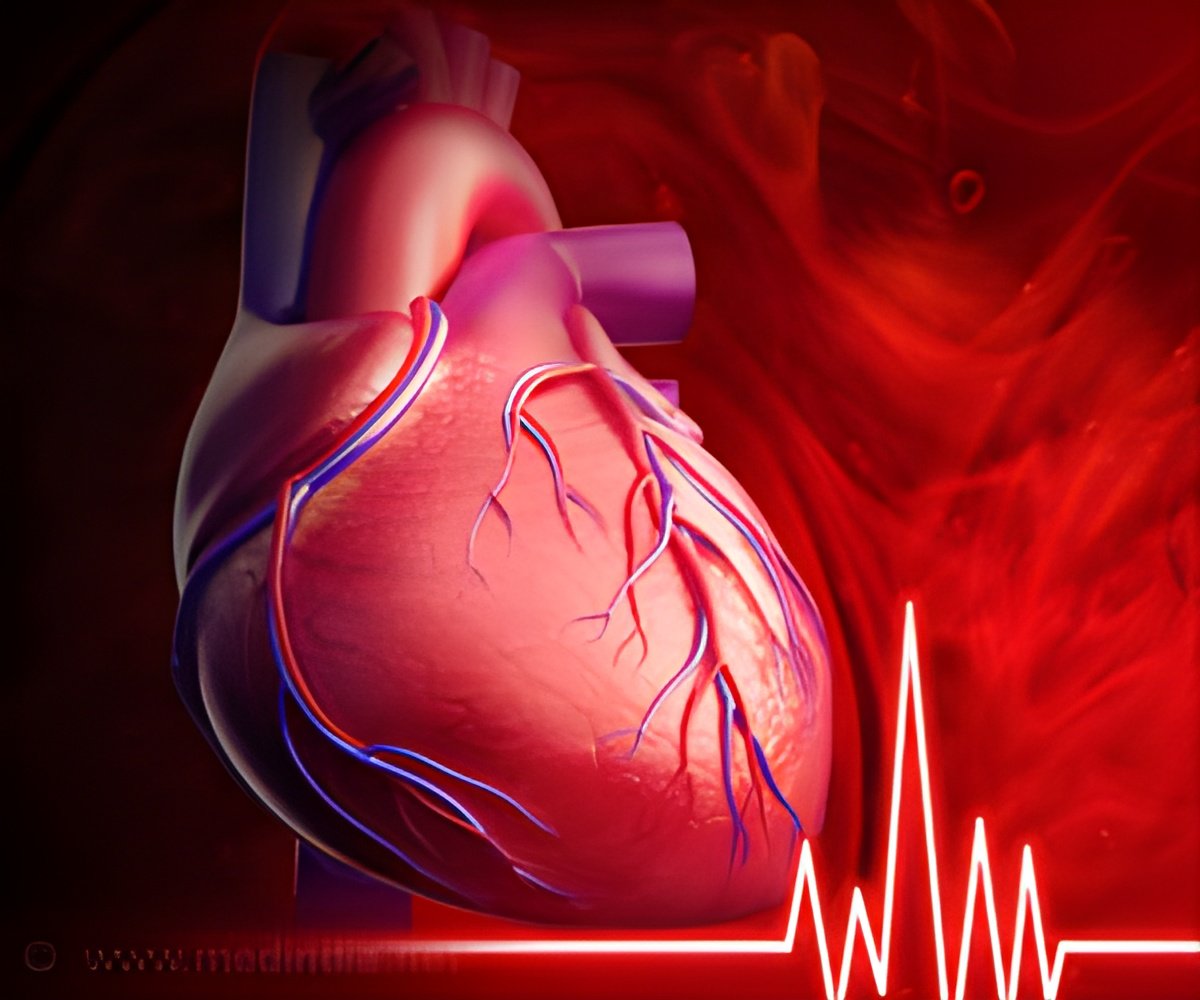Tear of the layers of the artery wall, SCAD, that can obstruct regular blood flow into and around the heart, is rather a rare and inadequately understood condition.

"SCAD is not related to plaque buildup that more commonly causes coronary blockages; it's a completely different disease process. These patients are typically young, fit and healthy and they are blown away by a totally unexpected heart attack," says Rajiv Gulati, M.D., Ph.D., a cardiovascular interventionalist at Mayo Clinic. "This research helps us to define this condition, and it gives us important information about the natural history of the disease."
Mayo researchers now believe the condition may be more common than initially thought. Marysia Tweet, M.D., Mayo Clinic cardiology fellow, says they now suspect many heart attacks caused by SCAD have been mislabeled as cholesterol blockages.
Researchers retrospectively evaluated the incidence, clinical characteristics, treatments, in-hospital outcomes and long-term risk of SCAD recurrence or major adverse cardiac events in 87 patients with confirmed SCAD. Patients were studied for a median of four years.
Consistent with previous data, patients with SCAD are relatively young (42.6 years old on average) and the vast majority are women (82 percent). Researchers also found:
* SCAD occurs most frequently in men during extreme exertion. Among women, it was most common in the three months after having a baby.
* Roughly half of the patients came to the hospital with a life-threatening heart attack.
* An unexpected link between SCAD and fibromuscular dysplasia, both of which disproportionately affect women, suggests common underlying disease processes that need further study.
* SCAD recurred in 17 percent of patients during the study period -- all of them female.
* Unlike typical heart attacks, conservative therapies without stent placement or bypass surgery may be a better approach for some SCAD patients. Invasive procedures such as angioplasty and stenting were associated with a higher-than-expected rate of complications, suggesting these should be reserved for unstable patients.
Advertisement
SCAD patients and Mayo researchers have worked together to use social media to recruit SCAD patients for studies. The collaboration has led to other studies at Mayo and to creation of a virtual multicenter registry and DNA biobank of samples from SCAD patients and family members.
Advertisement
Source-Newswise














